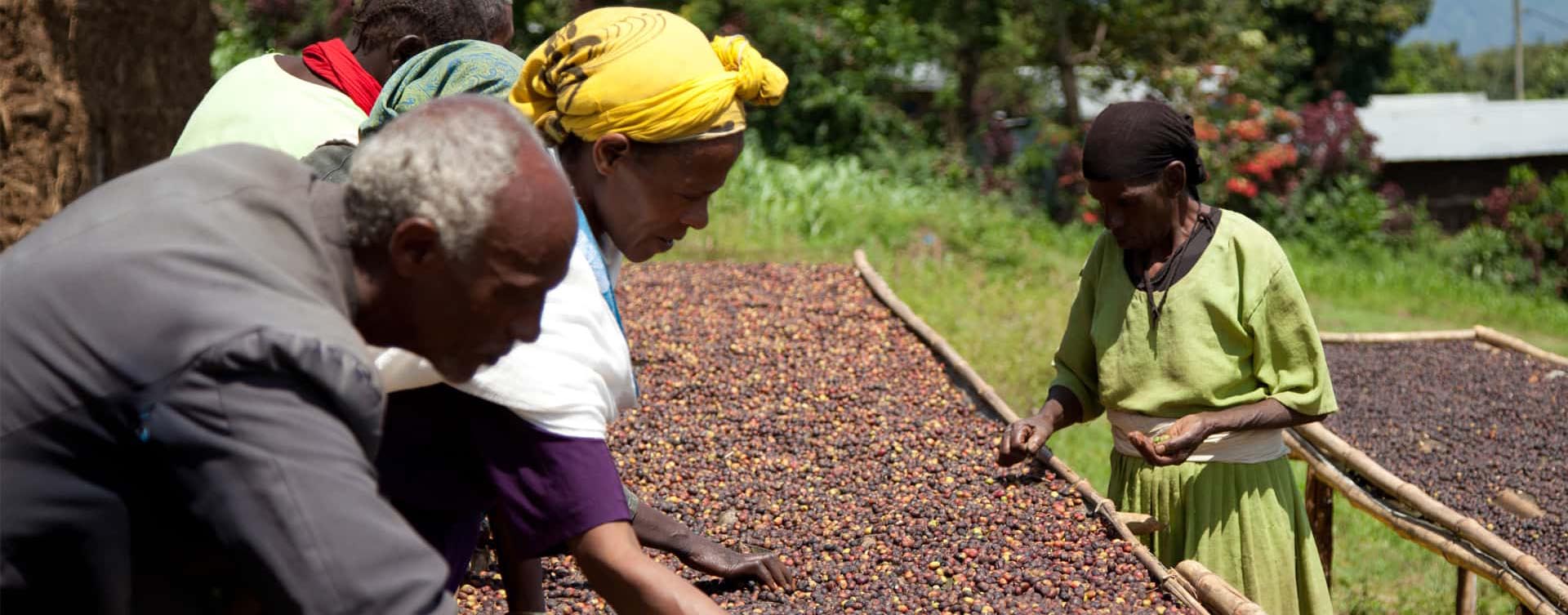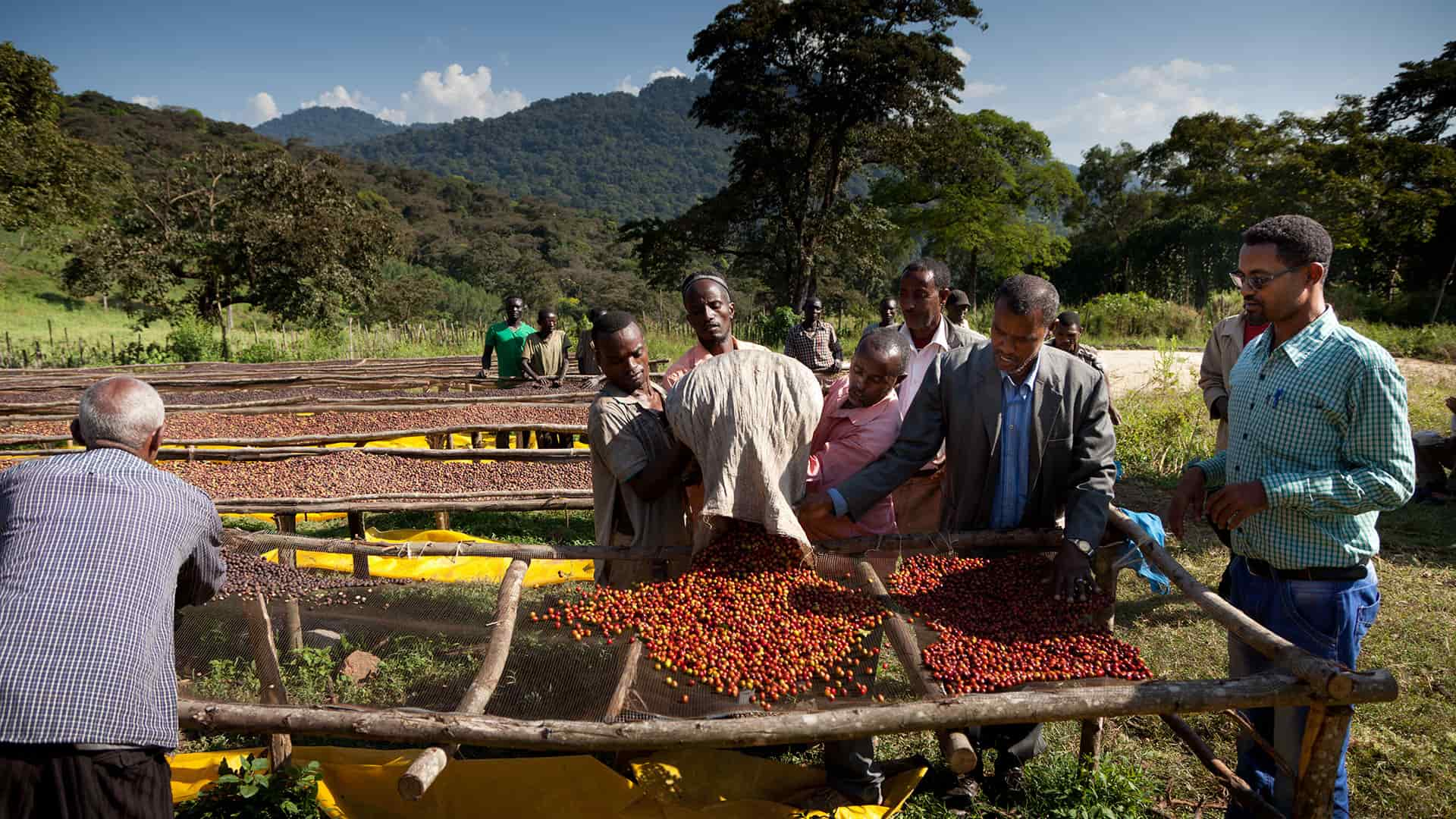
Forests and Wetlands
Introduction
One area of the work of SRC is in research, training and consultancies to support the livelihoods of rural communities through the development of practices to ensure the sustainable management of their natural resources.
Two key lessons direct the research and development activities of this sub-group in SRC. The first is the need for appropriate incentives, usually through market links and value chain development, for households and communities to develop and use their natural resources. The second is the role of appropriate institutional arrangements to ensure the sustainable use of these resources, to prevent their degradation and to enhance ecosystem services, especially provisioning/livelihood benefits.
In this way sustainable rural livelihoods are developed and the resilience of communities to cope with socio-economic and environmental challenges is enhanced.
This work seeks to contribute to the achievement of the UN’s Sustainable Development Goals, especially SDG 1.2 poverty reduction, SDG 5.5 gender equity, SDG 12.2 sustainable management of natural resources and SDG 16 effective, accountable and transparent institutions. In addition, some of the projects have particular concerns for the objectives of the Convention on Biodiversity and the various related targets and protocols.
A wide range of techniques have been used and developed in this work. These include specific Participatory Rural Appraisal (PRA) methods and tools for livelihood and institutional analysis at a variety of levels from national to local government and within communities. In addition, a variety of dissemination and policy support methods are have been developed to engage with all stakeholders and provide interactive capacity building.
The basis of this work is some 30 years of research with communities in several countries in East and Southern Africa. This has involved collaboration with national and local governments, international organisations, non-state actors and non-governmental organisations (NGOs).
Funding for this work has come from a variety of sources including multilateral and bilateral donors, as well as charitable institutions. It has also been directly financed and supported by the University of Huddersfield, as part of its wider sustainability drive. In all cases there has been a focus on “action research”, with an emphasis on generating lessons which can be applied by development organisations ranging from local NGOs to UN agencies and other international bodies.

Forests
A major area of work at SRC is exploring the way institutional arrangements and forest-based enterprises can be developed to support the sustainable management of tropical forests. Click the button below to find out more.

Wetlands
Wetland management for sustainable livelihoods and to build resilience to climate change has been a key concern of staff at SRC over many years. Click the button below to find out more.